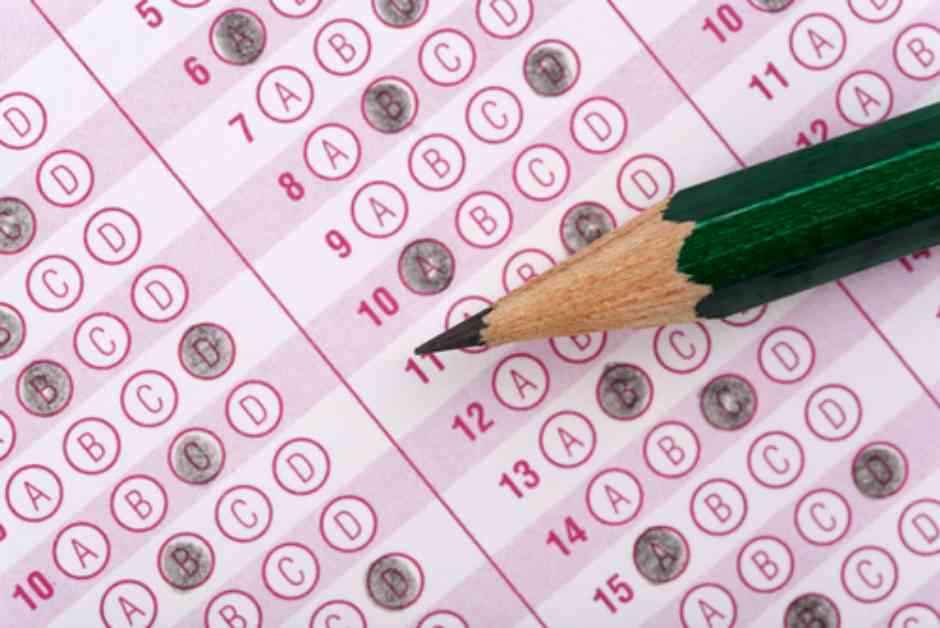California Law Deans Raise Concerns Over Changes to Bar Exam
Fifteen deans from ABA-accredited law schools in California have expressed their “grave concerns” about the recent changes to the bar exam process. In a letter addressed to the California Supreme Court, the deans highlighted their doubts about Kaplan Exam Services’ ability to develop a multiple-choice bar exam in a timely and responsible manner for the upcoming February 2025 administration.
The letter, sent on September 17, came just before the state supreme court halted the State Bar of California’s plan to implement the new Kaplan-developed exam. This new exam was designed to offer remote testing options as opposed to the traditional in-person testing required by the National Conference of Bar Examiners-created exam. The decision to explore these new options was influenced by the state bar’s financial struggles and feedback from law school partners and applicants.
Among the deans who signed the letter were prominent figures in the legal education community such as Erwin Chemerinsky of the University of California at Berkeley School of Law, Paul L. Caron of Pepperdine University Rick J. Caruso School of Law, and Michael Waterstone of the University of California at Los Angeles School of Law. In their letter, the deans urged the court to reconsider the involvement of Kaplan in the bar exam process and to allow more time for exploration of alternative options.
The deans emphasized the importance of not rushing the implementation of significant changes that could impact the lives of aspiring legal professionals in California. They called for a more thorough examination of the proposed changes to ensure the integrity and fairness of the bar exam process.
In response to the concerns raised by the deans, Russell Schaffer, the communications director for Kaplan, expressed confidence in the company’s ability to deliver on schedule. However, he directed all inquiries related to the process to the State Bar of California, indicating that the decision ultimately lies with the bar examiners.
The California Rules of Court stipulate that the state bar’s Committee of Bar Examiners is responsible for determining the format, content, and grading process of the bar exam. Any modifications to the exam must be approved by the committee and subsequently reviewed by the state supreme court.
One of the contentious issues raised by the deans was the state bar’s proposal to introduce voluntary practice exams in November and July 2025 to gather data for analysis. The deans criticized the plan to potentially boost exam scores by up to 40 points for participants, questioning the fairness and validity of such adjustments.
Instead, the deans suggested an across-the-board scoring adjustment to account for the uncertainty faced by all exam takers. They emphasized the need for transparency and equity in the bar exam process to ensure that all candidates are evaluated fairly based on their knowledge and skills.
The state bar defended its planning process as thorough and inclusive, stating that it has engaged with law schools throughout the decision-making process. Bridget Gramme, special counsel at the State Bar of California, expressed confidence in the partnership with Kaplan and reassured stakeholders that the implementation plan is ready to be executed.
As the state supreme court prepares to review the recommendations for the bar exam changes, the legal education community in California remains vigilant in advocating for a fair and transparent process. The concerns raised by the law deans underscore the importance of upholding standards of excellence and integrity in legal education and professional licensure.















